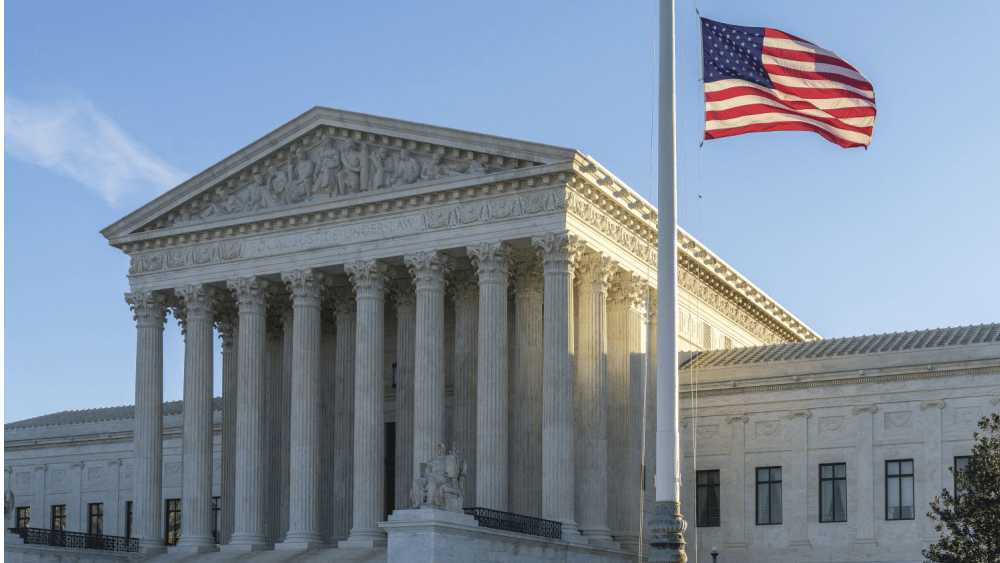
Conservative Supreme Court justices seemed skeptical about the legality of President Joe Biden’s student loan debt relief plan — announced by Biden in August and originally scheduled to take effect last fall. The program would allow eligible borrowers to cancel up to $20,000 in debt, but has been blocked since the 8th U.S. Circuit Court of Appeals issued a temporary hold in October. Questions remain as to whether the challengers have legal standing to sue, while there are also doubts it will ever go into effect.
Biden’s program would cancel up to $10,000 in debt for borrowers earning less than $125,000 a year (or couples who file taxes jointly and earn less than $250,000 annually). Pell Grant recipients, who are the majority of borrowers, would be eligible for an additional $10,000 in debt relief. The overall program could help more than 40 million borrowers, the administration has said.
The high court heard arguments in two cases on Tuesday, one brought by six states, and the other brought by two people, Myra Brown and Alexander Taylor, who hold student loan debt. The challengers argue that the administration’s proposal violates the Constitution and federal law, partly because it circumvents Congress, which they said has the sole power to create laws related to student loan forgiveness.
Of the six conservative justices, only Justice Amy Coney Barrett repeatedly probed whether challengers had legal standing. Roberts and Justice Brett Kavanaugh, two justices the Biden administration may have been targeting as potential votes against standing, focused their questions on the major questions doctrine. That could indicate they believe the challengers have standing. The law in question, the Higher Education Relief Opportunities for Students Act, or HEROES Act, states that the government can provide relief to recipients of student loans when there is a “national emergency,” allowing the government to take action to ensure people are not in “a worse position financially” as a result of the emergency. The challengers say the language in the HEROES Act is not specific enough to authorize a proposal as broad as Biden’s plan.
The Supreme Court is expected to rule on the cases by the end of June.
Editorial credit: Erik Cox Photography / Shutterstock.com